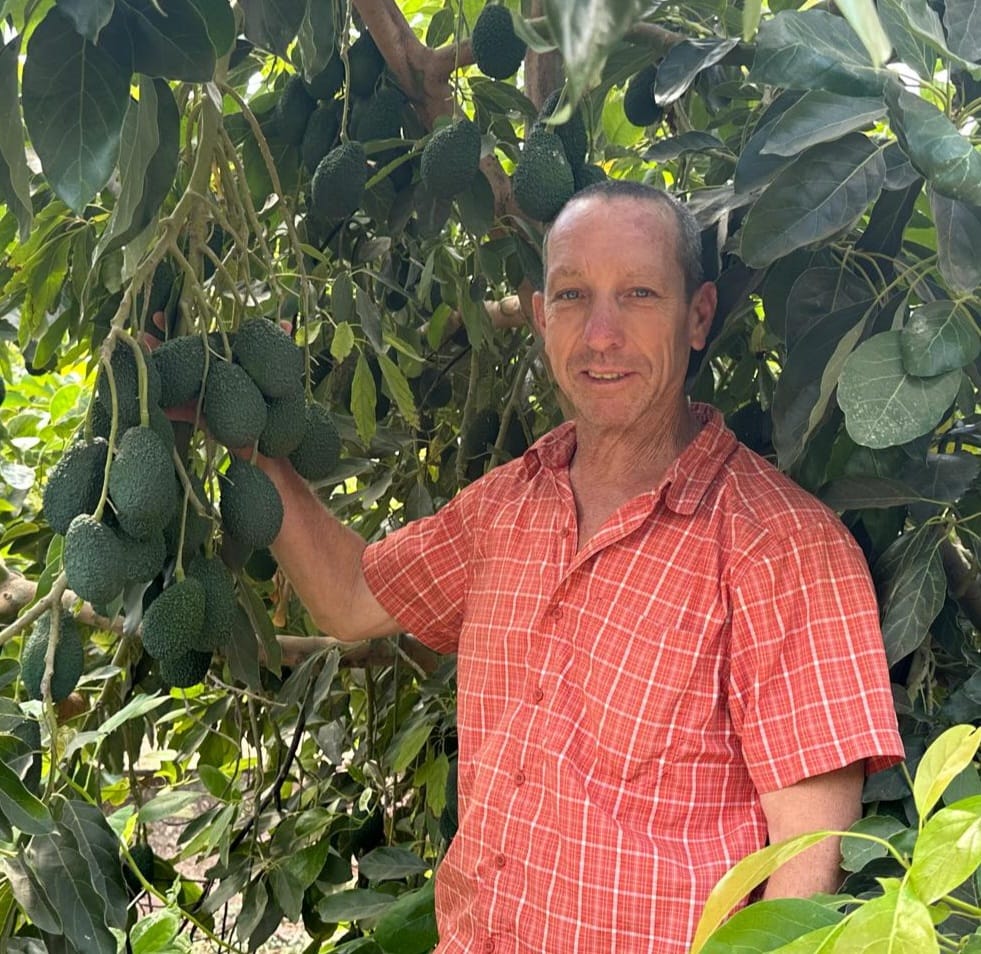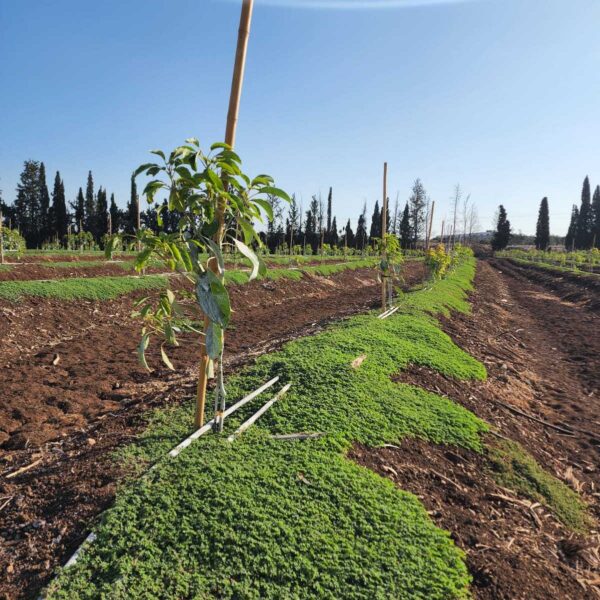In the face of growing demand for avocados, Israel is now establishing itself as a global leader. How has this small country with limited resources managed to develop such a high-performing and sustainable production? Thanks to agricultural innovations, optimized water management, and unique expertise. The avocado has now become a pillar of its agriculture.
Of Mexican origin, the avocado has become a staple of Israeli cuisine. Present in many meals, especially at breakfast and dinner, it has won the hearts of consumers. In 2024, the average consumption in Israel reached 10.5 kg per person, compared to only 2 kg in Europe. This success reflects a national enthusiasm for this fruit with multiple benefits.
An agricultural success story
Israel, known for its innovative agriculture, has established itself as one of the world's largest producers of avocados. While citrus fruits were once emblematic of the country, the avocado is now the most widely cultivated crop with 160,000 dunams, or 14,300 hectares, compared to only 4,000 in 2004. In terms of area, avocados now surpass all other fruit productions.
With 230,000 tons, the 2024/2025 harvest reaches a new record, representing a 67% increase compared to the previous year's 150,000 tons. This spectacular growth is attributed to the expansion of orchards as well as improved yields thanks to advanced cultivation techniques. The avocado has taken a central place in Israeli agricultural landscapes, revitalizing certain rural areas like the Negev, where investments in agricultural infrastructure are numerous and jobs are sustainable.
A fruit that captivates and exports
“In Israel, the avocado is very popular; it has somewhat replaced hummus. It can be easily obtained year-round, much to the delight of Israelis who love it; they eat it in salads or on toast, often accompanied by eggs. We mainly grow the Ettinger avocado, which is smooth and green, but also the smaller, rougher, and black Hass avocado,” explains Shahar Goldberg, president of the Israeli avocado industry, and a member of the Afek kibbutz in Galilee, where 2 million square meters of avocados are cultivated.
“We are the second highest consumers of avocados right after Mexico. 45% of the production stays in Israel while we export 55% to Europe, the United States, and Asia. Israel is therefore a key player in the global avocado market, especially in the European market where demand is constantly increasing,” asserts Shahar.
A resilient and sustainable culture
When the war broke out on October 7, 2023, farmers in regions close to Gaza and the Lebanese border were severely impacted. However, the avocado, by its very nature, helped prevent an agricultural disaster. Unlike fragile fruits like peaches or apricots, it can remain on the tree for several days without compromising its quality. As a result, the majority of the harvest was saved, avoiding major economic losses.
Israel has chosen environmentally friendly agriculture. Producers do not use chemical pesticides for avocados, preferring organic methods such as introducing beneficial insects to control pests. Irrigation management is also a model in its own right: drip irrigation technology, widely developed in Israel, allows for maximizing every liter of water used.
“Innovation is truly the key to success. Israel is a small country with limited water resources, but we have managed to maximize these resources through cutting-edge technologies in irrigation and soil management. We have also invested in research on new avocado varieties to produce quality fruits with minimal environmental impact,” emphasizes Shahar.
Farmers also adapt their cultivation methods to the local climate, which can be extreme at times. “We cultivate in well-drained soils and protect young trees from the sun with shading systems,” he explains. These practices ensure stable yields while limiting environmental impact.
The rise of organic
The demand for organic avocados is experiencing significant growth. About 10% of Israeli production is now certified organic, a figure that is constantly increasing according to the Ministry of Agriculture. This trend also reflects a growing consumer awareness for healthy products cultivated responsibly.
At the same time, Israeli agricultural groups like Mehadrin are investing abroad, particularly in Morocco, with a goal: to produce an additional 10,000 tons of avocados for European markets. These establishments help to smooth out the seasons and secure export volumes.
Thanks to its expertise, technologies, and long-term vision, Israeli agriculture serves as a model for other avocado-producing countries. The green fruit has become a symbol of resilience and agricultural modernity.

Cover photo: The avocado is now the most widely cultivated crop in Israel with 14,300 hectares, compared to only 4,000 in 2004 ©Shahar Goldberg
